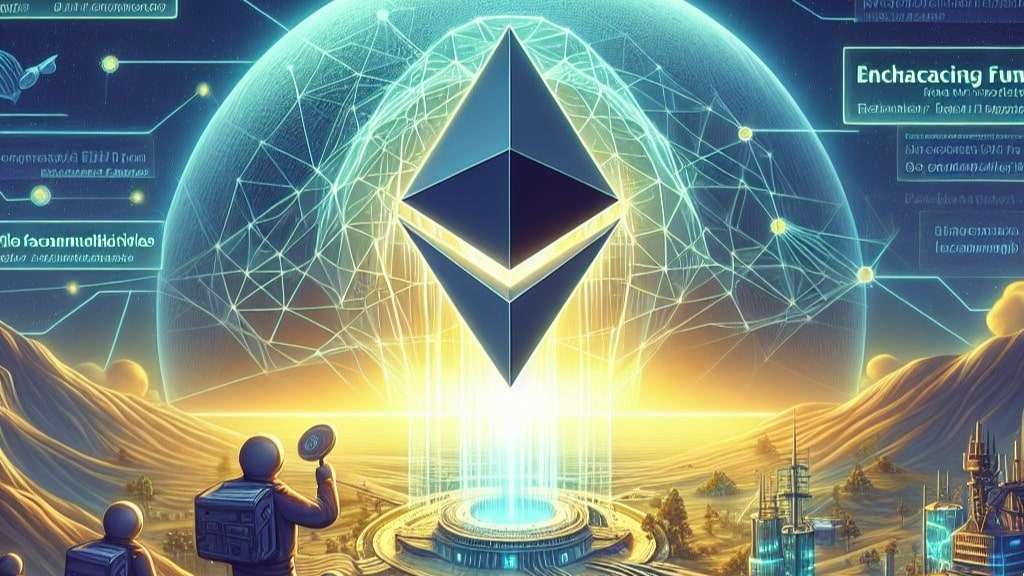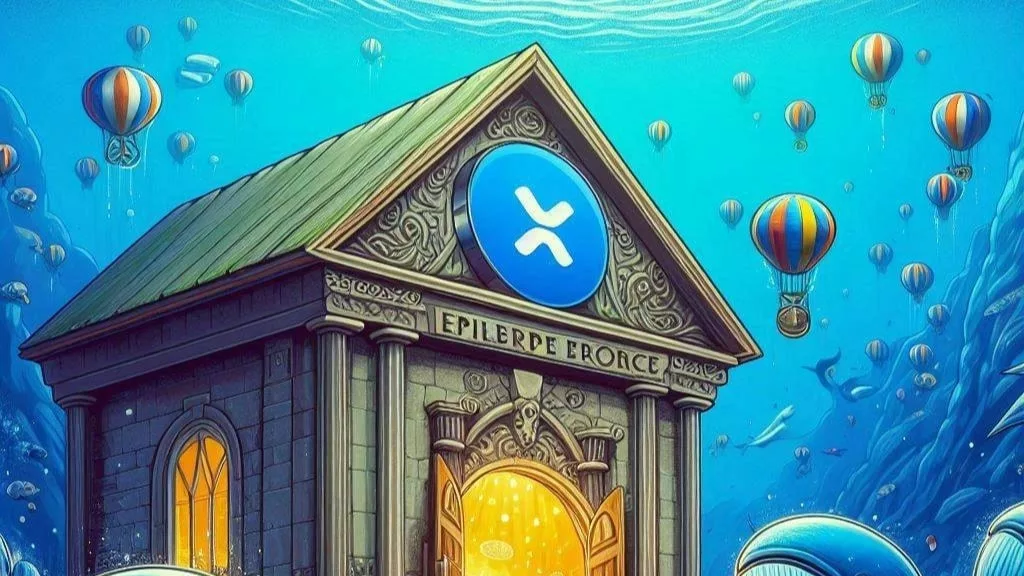
Ethereum, the pioneering force in the realm of cryptocurrencies, is on the brink of a monumental transformation with its imminent upgrade named Dencun. Anticipation swirls around the unveiling of this significant Ethereum Improvement Proposal (EIP) – EIP-4844, affectionately dubbed “Proto Dank Sharding,” poised to redefine the blockchain landscape.
Originally slated for a rollout in the last quarter of 2023, the Ethereum upgrade encountered engineering complexities, leading to a rescheduled launch in 2024. Tim Beiko, the Ethereum Foundation’s protocol support head, emphasized the upgrade’s flexibility, citing the possibility of timeline adjustments should unforeseen challenges arise.
The Dencun upgrade is primed to revolutionize Ethereum’s functionality by introducing game-changing features. The star-inspired Deneb and the vibrant city of Cancun lend their names to signify the consensus layer client upgrades and execution layer client upgrades, respectively, amalgamating into the all-encompassing Dencun upgrade.
At its core, EIP-4844 facilitates the implementation of “blobs,” a groundbreaking concept enabling layer-2 rollup networks like Arbitrum, Base, Polygon zkEVM, and others to temporarily store specific transaction data. These blobs come with an 18-day deletion period, a departure from the conventional method of permanently storing data in the blockchain’s “CALLDATA” field. The Ethereum community anticipates that Proto Dank Sharding will markedly curtail layer 2 transaction fees, fostering more cost-effective and efficient transactions.
The Ethereum team’s meticulous approach to this upgrade includes a staggered testing phase. The Goerli testnet will be the pioneer recipient of the Dencun upgrade, followed by the Sepolia and Holesky testnets in subsequent weeks. However, the precise timing for the upgrade’s mainnet rollout remains undisclosed.
In a bid to keep stakeholders informed and prepared, the Ethereum team plans to release a comprehensive blog post elucidating the fork during the week of January 8, 2024. This strategic move aims to provide a week’s notice ahead of the upgrade, ensuring users have ample time to adapt and implement necessary revisions.
Notably, during a recent discussion, Tim Beiko highlighted the team’s prerogative to abort the upgrade in the event of significant issues or unforeseen complexities. He emphasized the intent to release the fork’s blog post in early January, affording users a minimum of one week for preparatory measures.
The testing phase for Ethereum updates traditionally spans several months before the mainnet rollout. The previous deployment, code-named “Shapella,” commenced testing on February 7 and culminated in a successful mainnet launch on April 12.
Derived from the names of a star, Deneb, and the vibrant city of Cancun, the Dencun upgrade signifies a milestone for Ethereum, primarily due to the inclusion of EIP-4844. This proposal introduces ‘blobs,’ a novel format enabling layer-2 rollup networks like Arbitrum, Base, Polygon zkEVM, and others to transiently store specific transaction data. Unlike the current practice of permanently preserving data in the blockchain’s ‘CALLDATA’ field, blobs have an 18-day deletion period. Ethereum’s architects anticipate that this ‘proto-danksharding’ will substantially diminish layer 2 transaction fees, marking a crucial step towards scalability and cost-efficiency.
The Ethereum team, led by Tim Beiko, the Ethereum Foundation’s protocol support head, underscores the flexibility of the upgrade’s timeline. Engineering hurdles prompted the rescheduling of the renovation from its initial plan in the last quarter of 2023 to 2024. Beiko iterates that the deadline remains subject to adjustments in response to unforeseen challenges, emphasizing the team’s commitment to ensuring a smooth transition.
As the crypto sphere eagerly awaits the transformative Dencun upgrade, Ethereum’s current trading value stands resilient at $2,287, showcasing minor fluctuations in the past 24 hours and a week.


Get the latest Crypto & Blockchain News in your inbox.